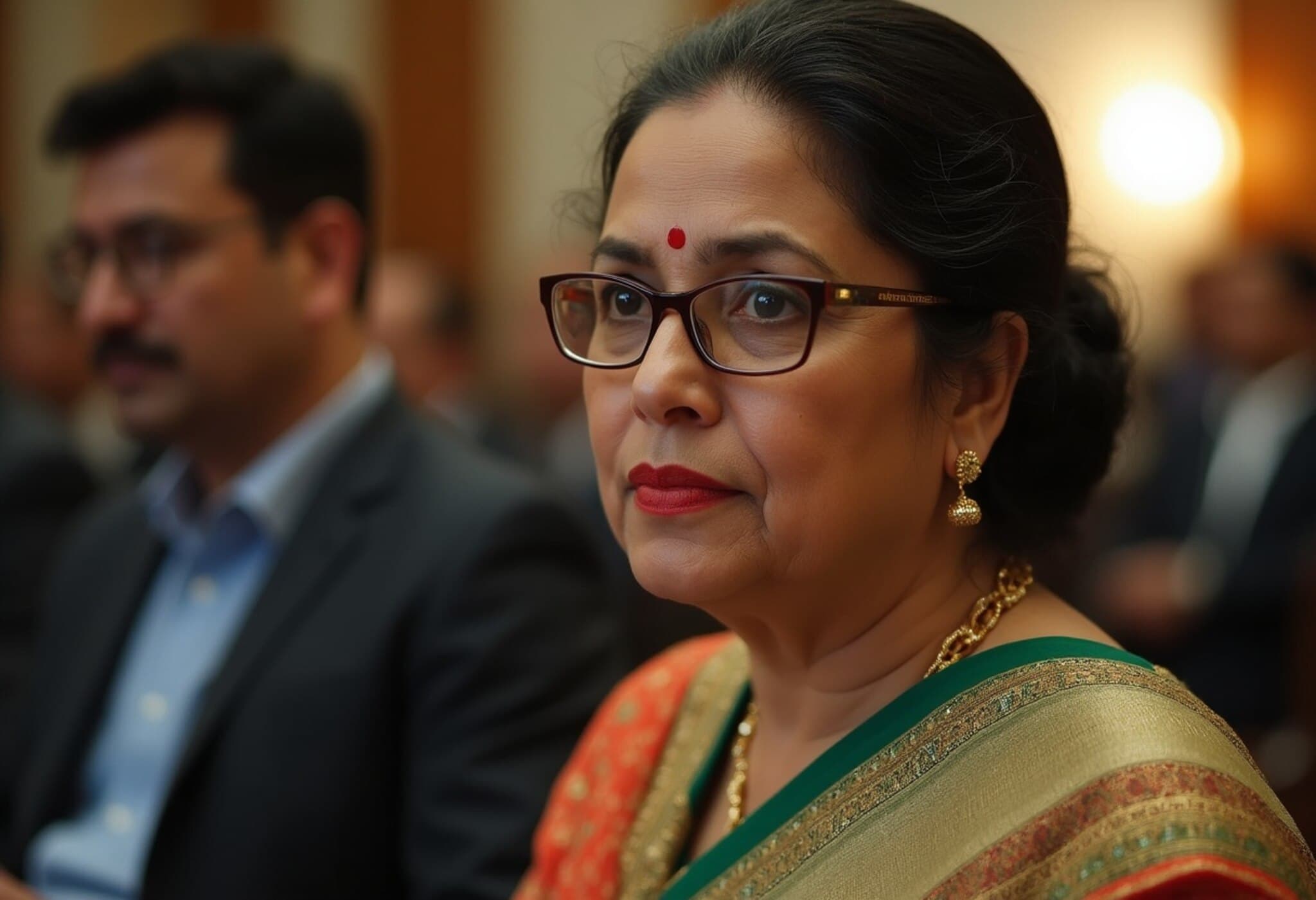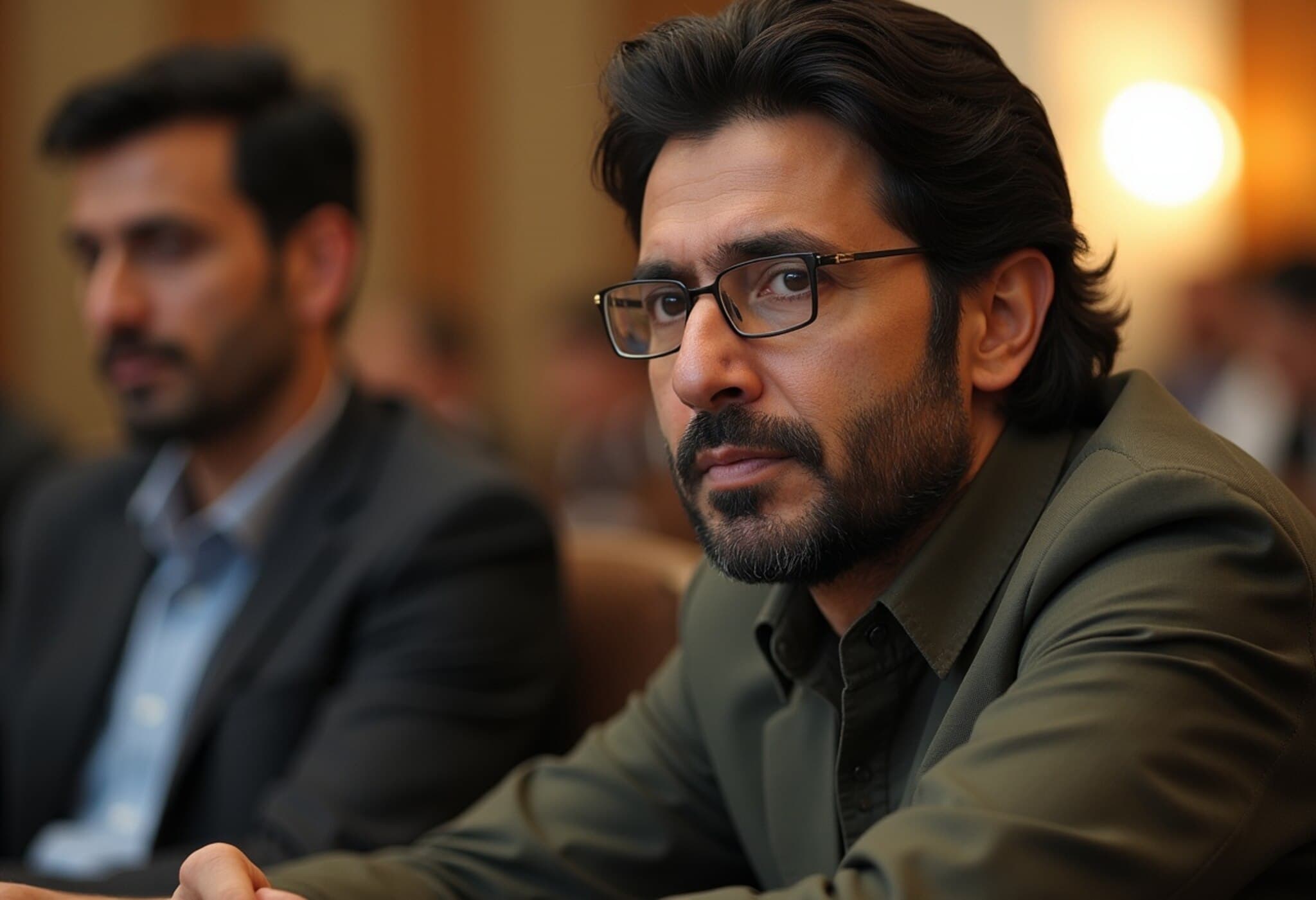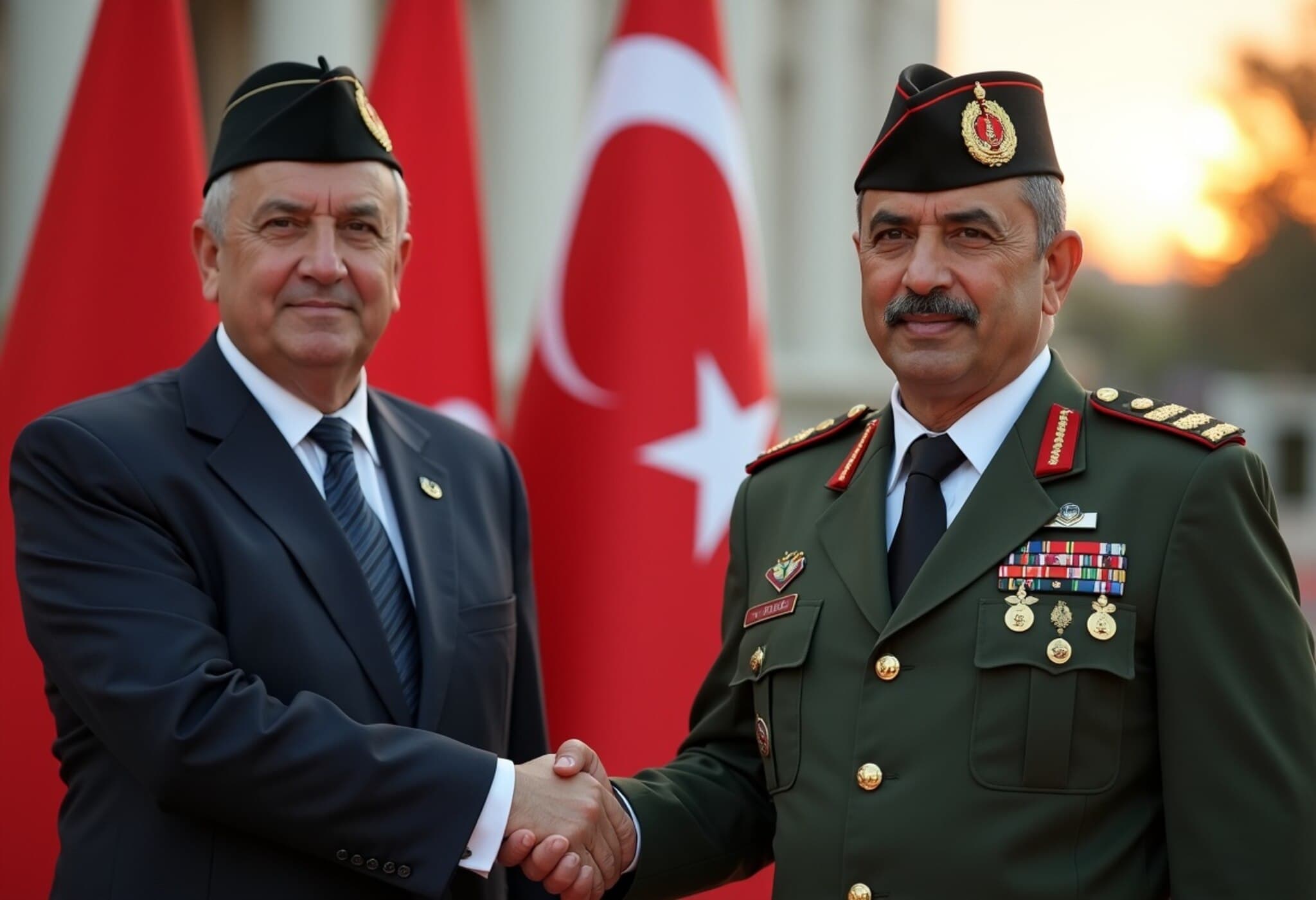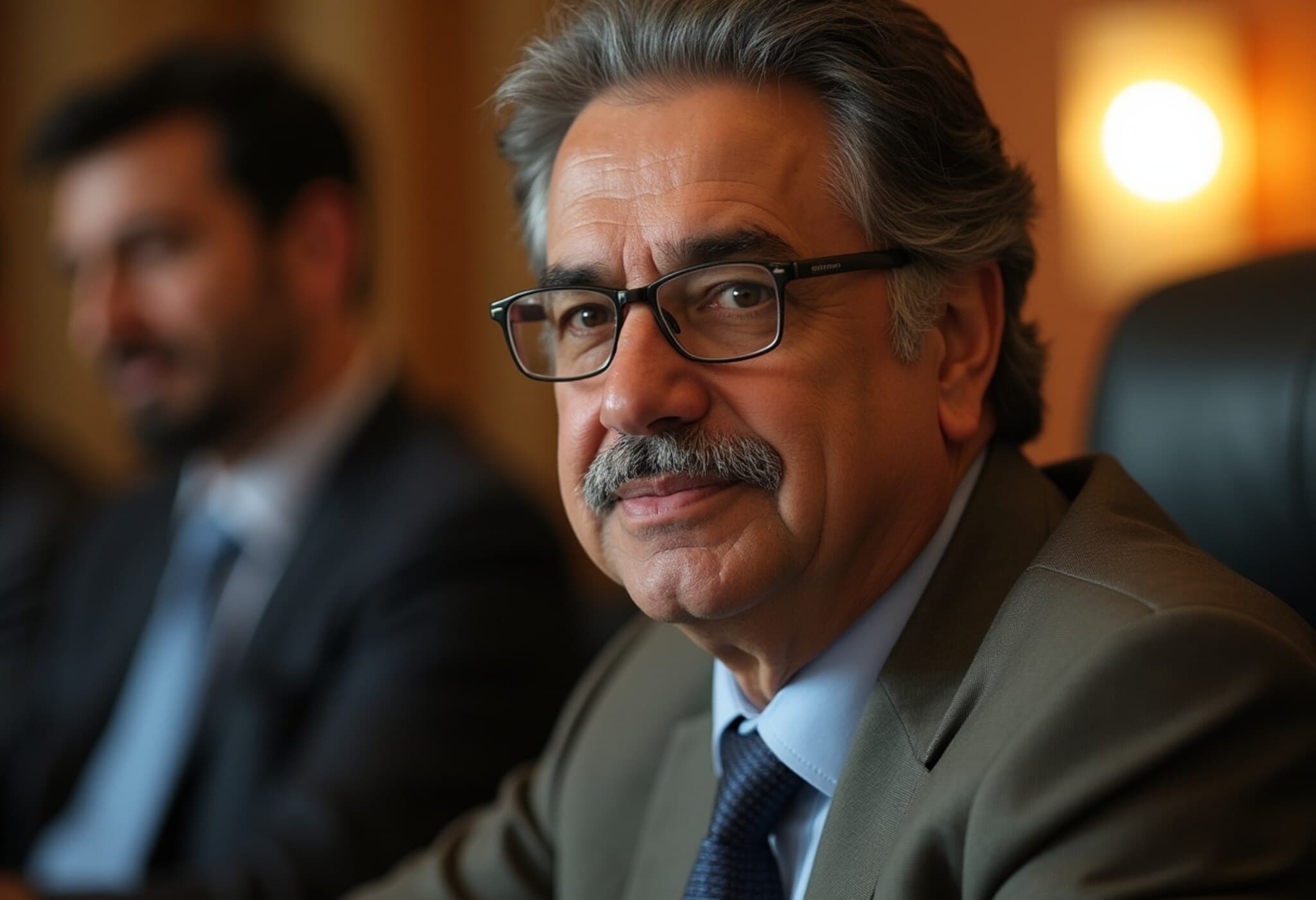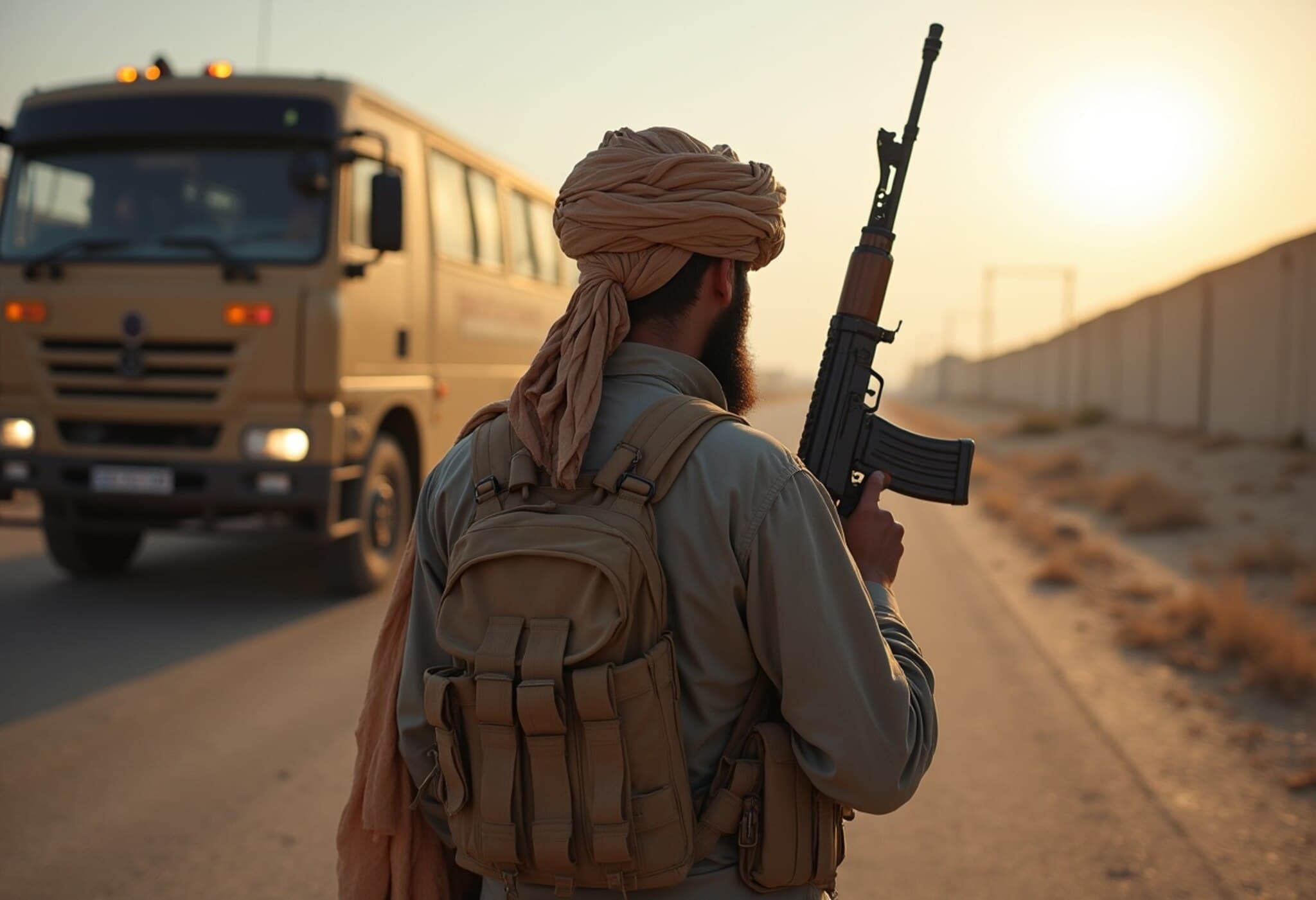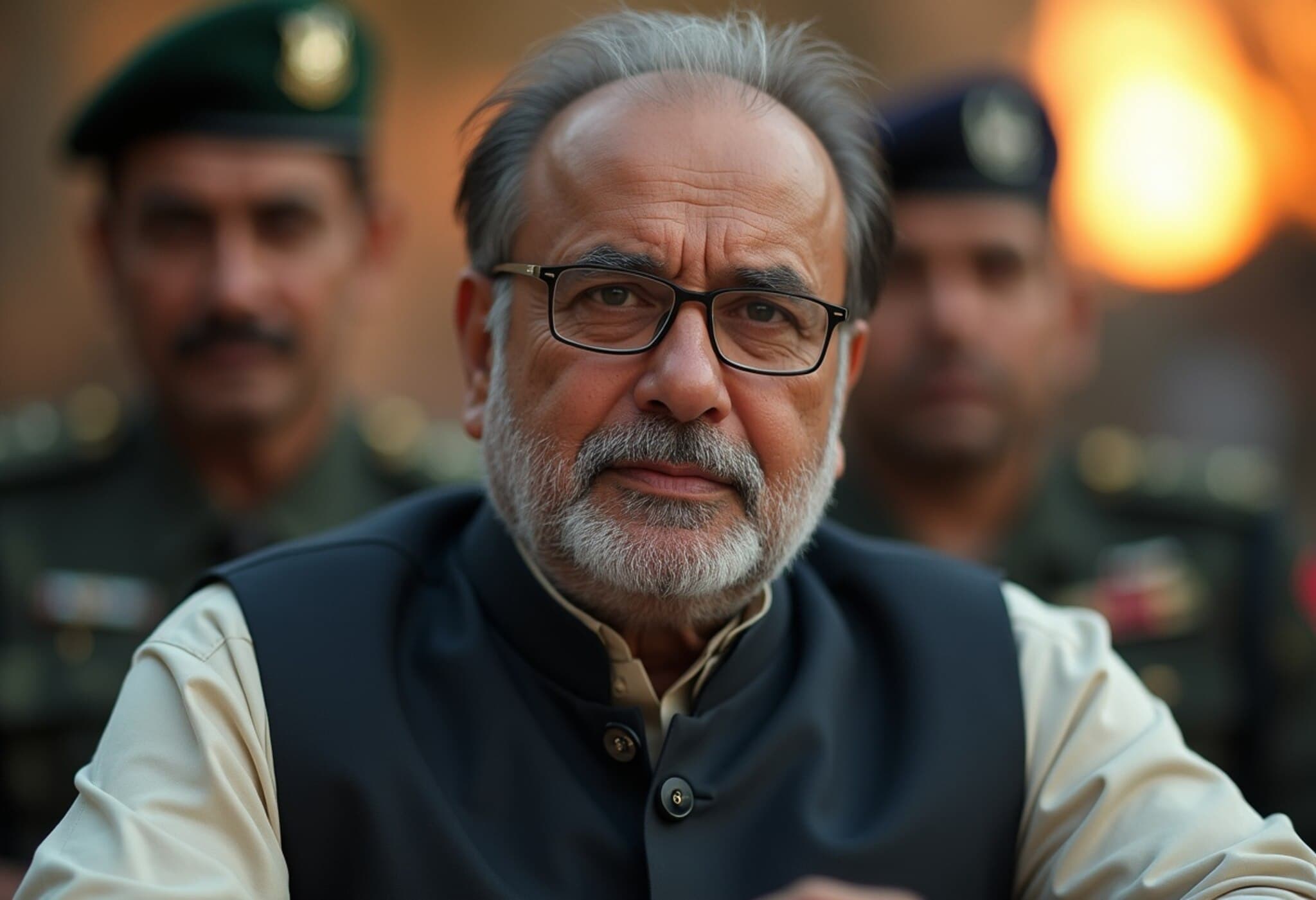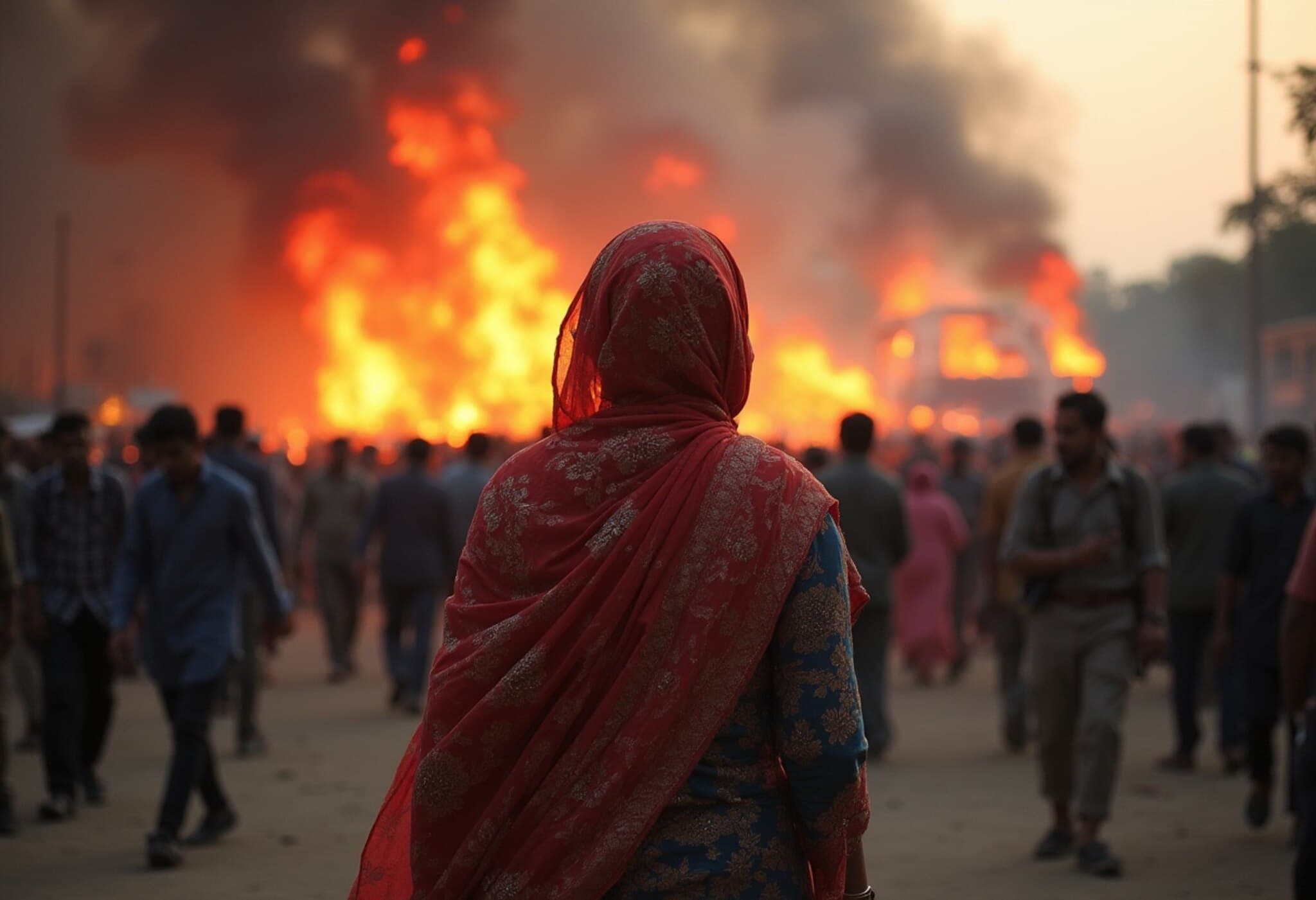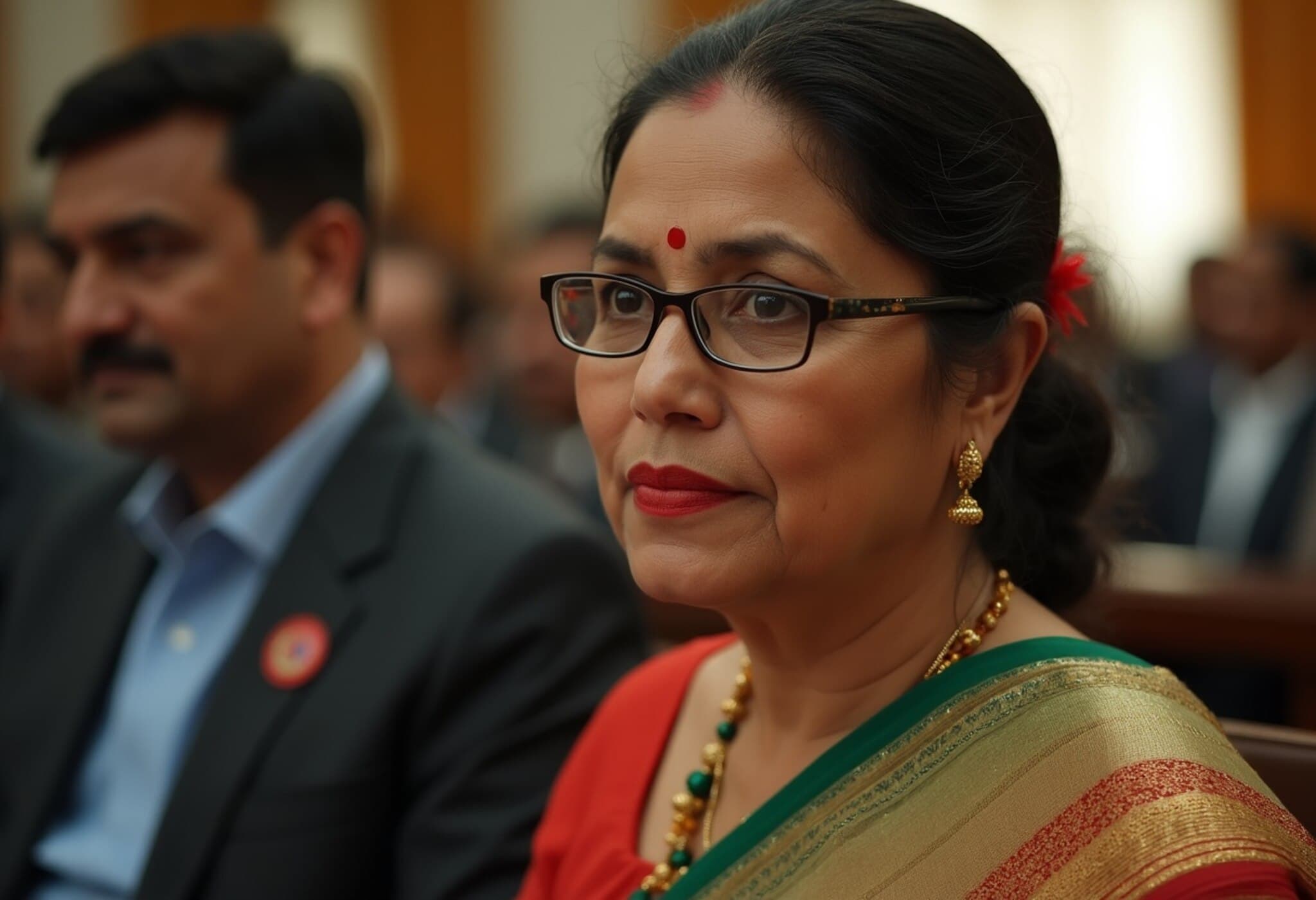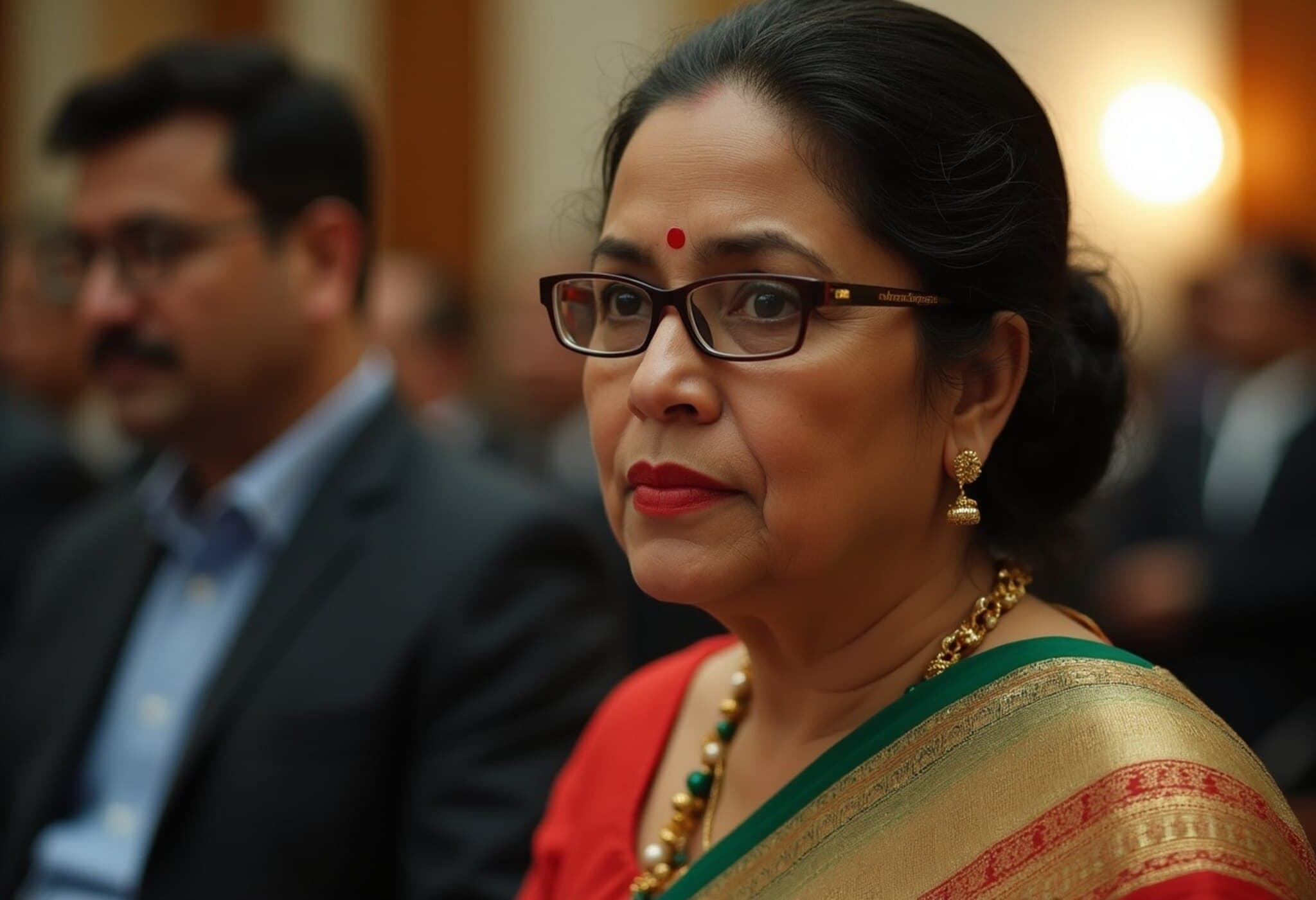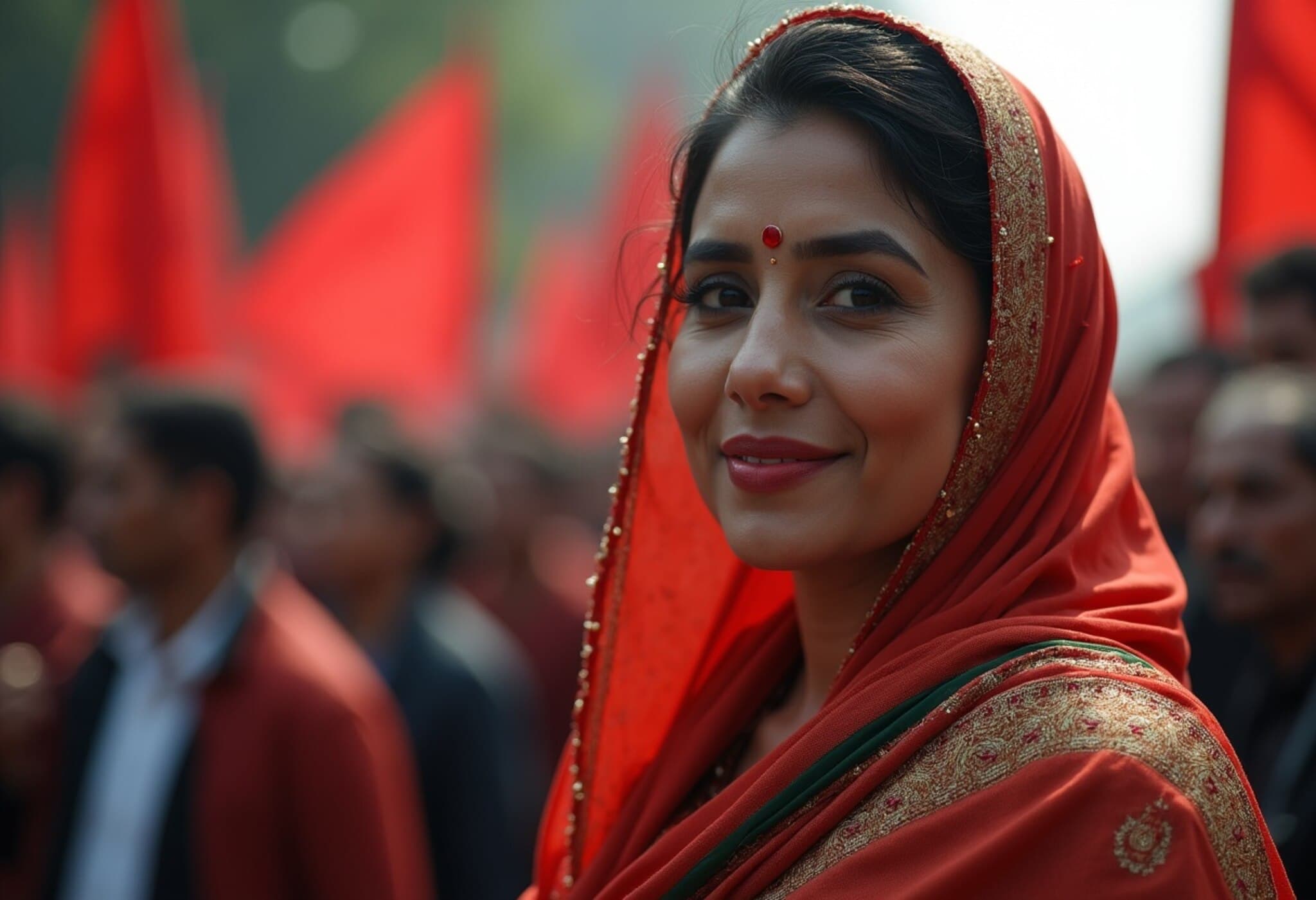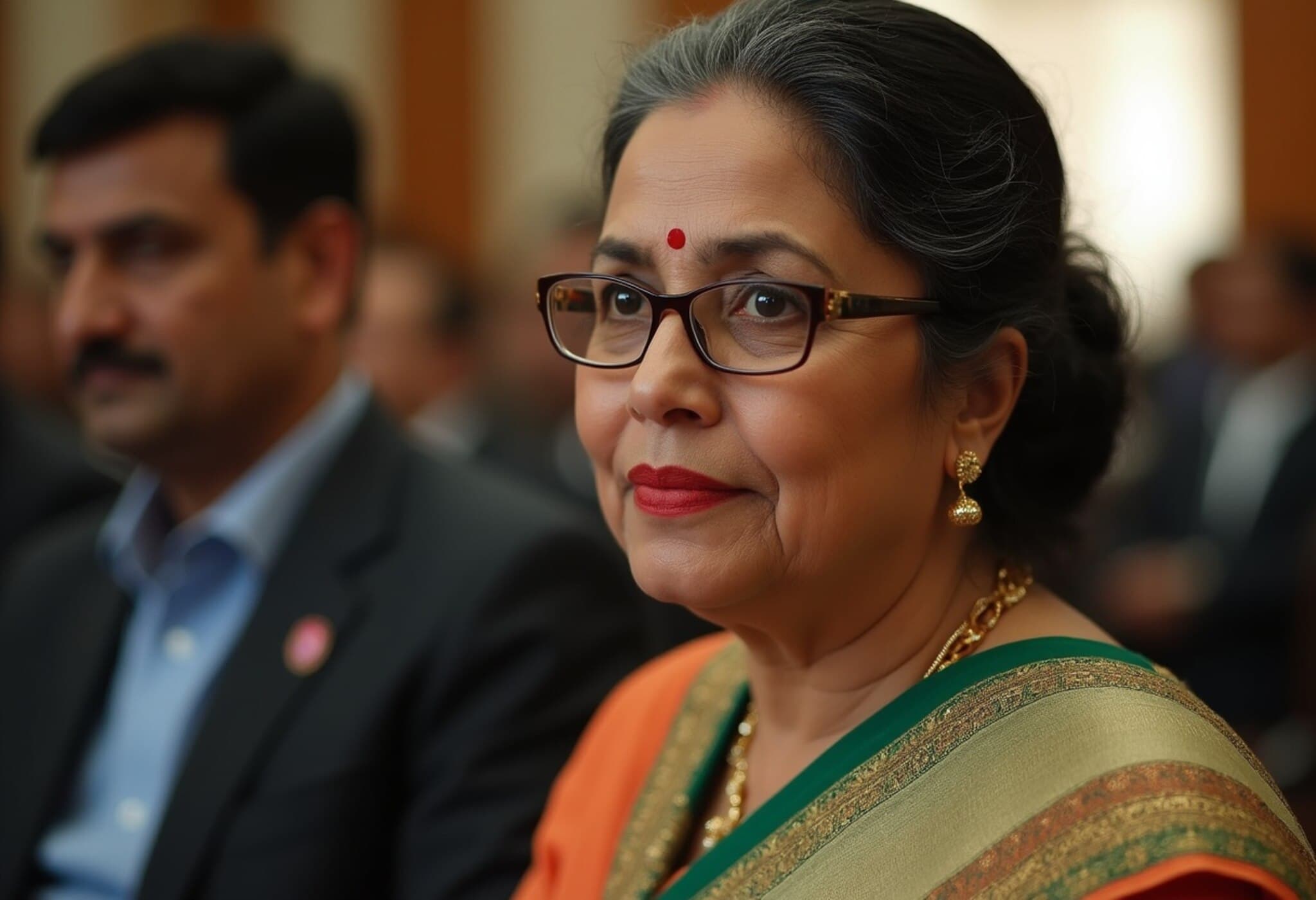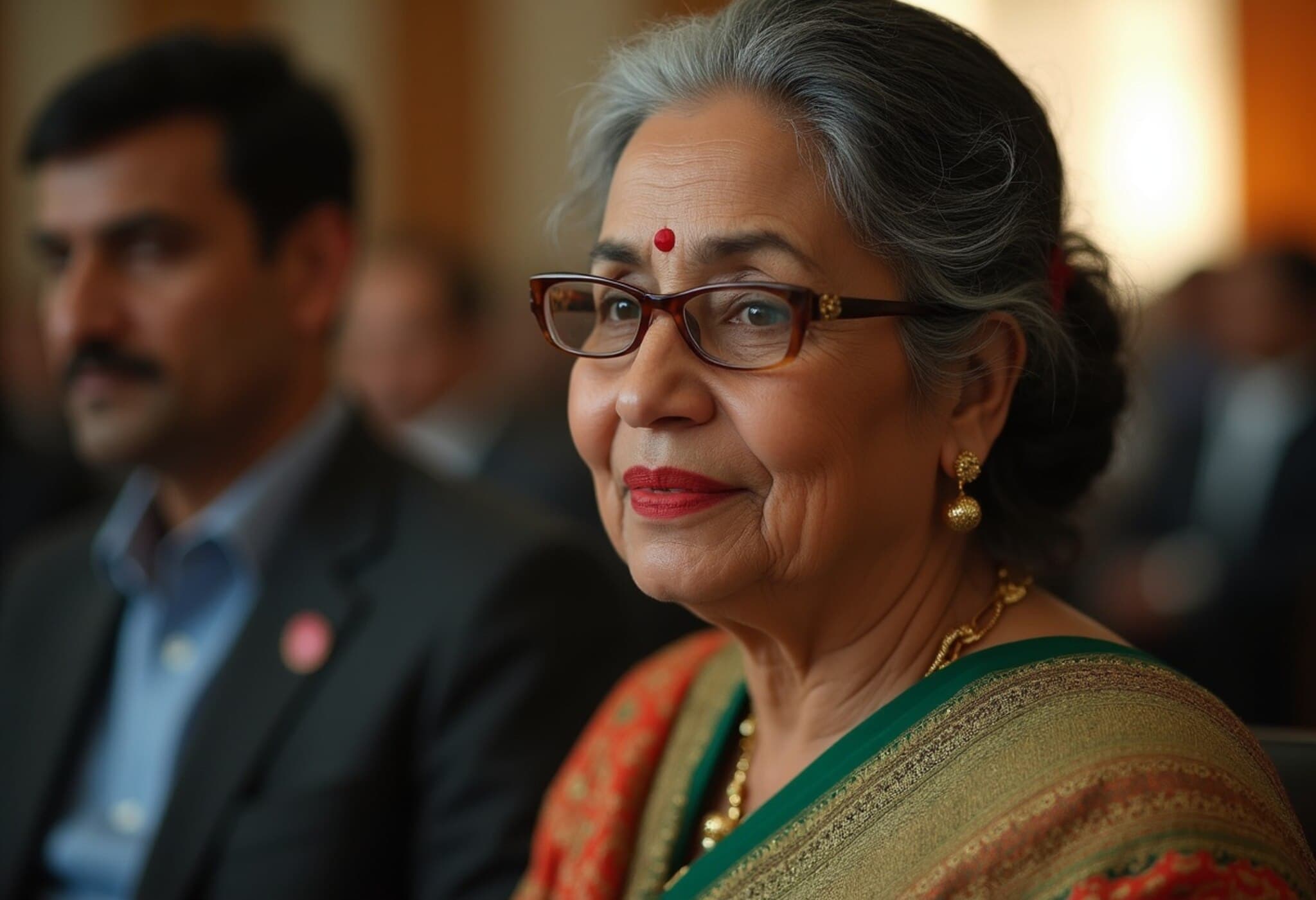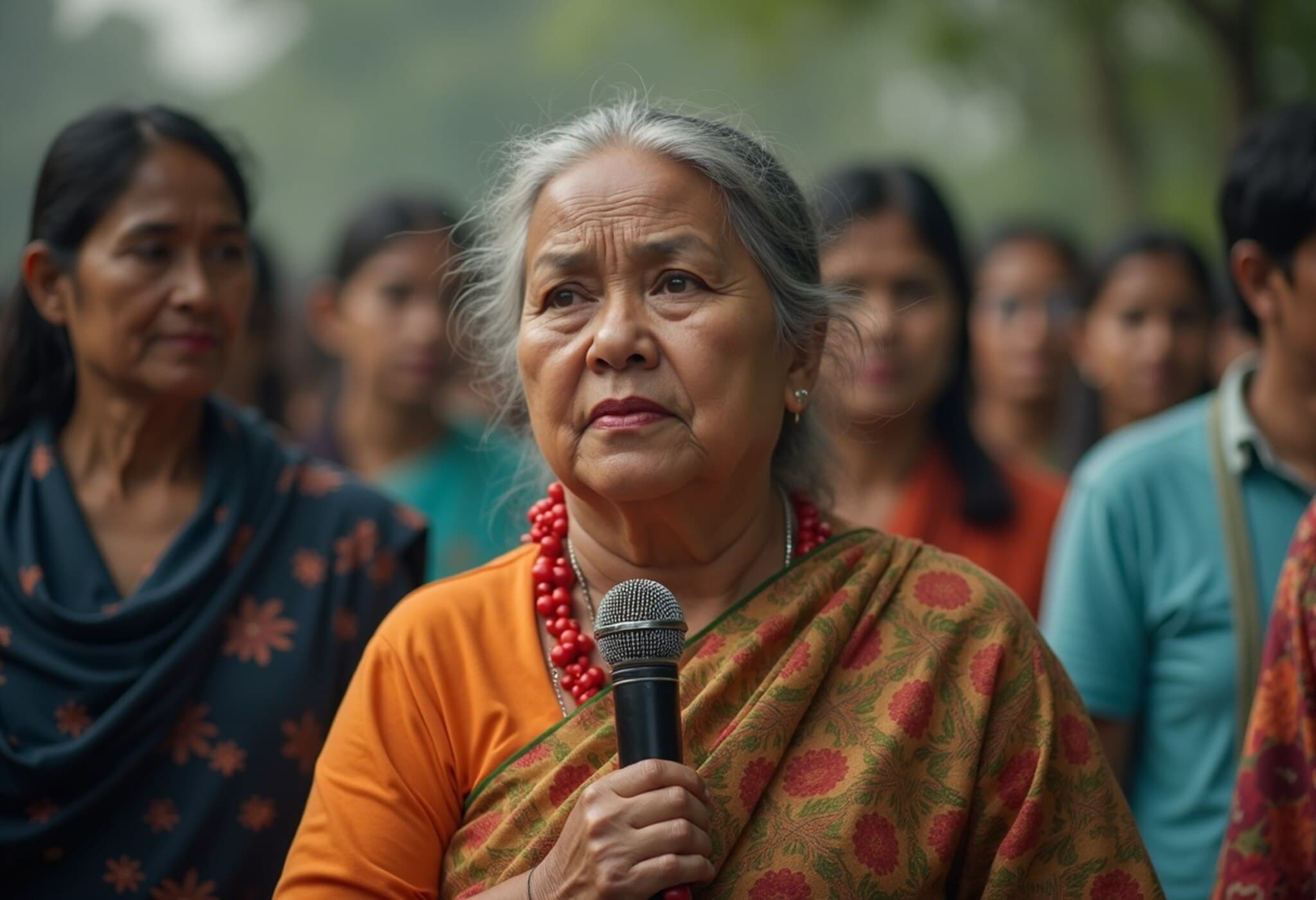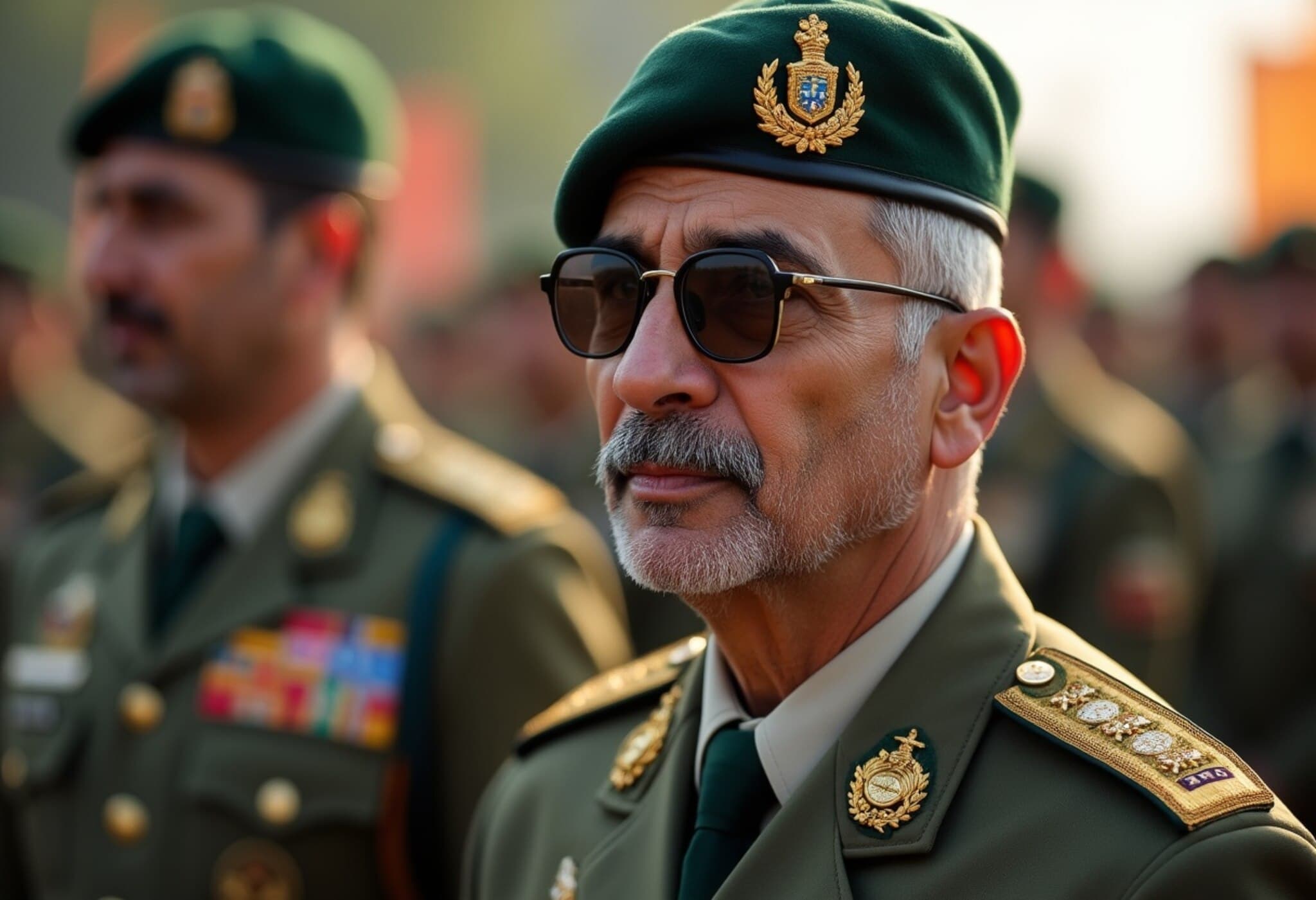Bangladesh Tribunal Charges Ex-PM Sheikh Hasina with Crimes Against Humanity
In an unprecedented legal development, a special tribunal in Bangladesh has formally indicted former Prime Minister Sheikh Hasina on multiple charges related to crimes against humanity. The charges stem from a brutal crackdown during a mass student uprising last year, which tragically led to the deaths of hundreds of young protesters.
The Formation and Proceedings of the Tribunal
Established under the interim government led by Nobel Peace Prize laureate Muhammad Yunus, the tribunal has swiftly moved forward since its trial commenced on June 5, 2025. The three-member panel, chaired by Justice Golam Mortuza Mozumder, has indicted not only Sheikh Hasina but also former Home Minister Asaduzzaman Khan and ex-police chief Chowdhury Abdullah Al-Mamun.
Sheikh Hasina and Asaduzzaman Khan are being tried in absentia, as both remain outside Bangladesh’s borders. Hasina has been in exile in India since August 5, 2024, amidst mounting political turmoil in Bangladesh. Meanwhile, Al-Mamun was arrested and appeared before the tribunal, pleading guilty and pledging to support the prosecution.
Extradition Efforts and International Dimensions
- The interim government formally requested India to extradite Sheikh Hasina, a move politically sensitive given the long-standing India-Bangladesh relations.
- India, so far, has not publicly responded to the extradition request, reflecting the complex geopolitical nuances surrounding this case.
- There are indications that Asaduzzaman Khan may also be in India, adding layers to the extradition and diplomatic challenges ahead.
Evidence and Next Steps in the Trial
The prosecution has submitted compelling evidence including leaked audio recordings of Sheikh Hasina and documentary proof to solidify its case. The tribunal is scheduled to hear the prosecution’s opening statement on August 3, followed by witness testimonies starting August 4.
This trial marks a highly significant moment for Bangladesh’s legal and political landscape, raising pressing questions about accountability, justice, and transitional governance in a country with a turbulent recent history.
Expert Insights: What This Means For Bangladesh and Beyond
From a legal standpoint, the acceptance of charges against a former head of government on crimes against humanity is unprecedented in Bangladesh’s judicial history. Experts caution that while the tribunal operates under the interim government, concerns about political motivations and the potential impact on democratic norms must be carefully monitored.
Economically and socially, the unrest and ensuing legal battles have cast a shadow on Bangladesh’s regional stability and its burgeoning image as a developing market. Investors and international observers are keenly watching how the country's institutions handle this politically charged process.
Furthermore, the involvement of India, both as a potential host of the accused and as a key diplomatic player, underlines the intricate balance of South Asian geopolitics where domestic legal affairs spill over international borders.
Underreported Angle: The Voices of the Student Protesters
While much of the global coverage emphasizes political intrigue and legal developments, the human cost of the mass uprising—hundreds of student lives lost—remains a profound narrative often overshadowed by official rhetoric. The tribunal’s work will inevitably test Bangladesh’s ability to reconcile with this trauma.
Their stories, demands for justice, and the societal impact of the tragedy deserve deeper journalistic and academic attention as Bangladesh forges ahead.
What Lies Ahead?
- Will the tribunal's verdict set a precedent for holding political leaders accountable in Bangladesh?
- How will international diplomacy influence extradition requests and cross-border legal cooperation?
- What mechanisms are in place to ensure the trial’s fairness and transparency amidst political sensitivities?
- Can Bangladesh heal socially from the wounds left by the student uprising and political upheaval?
Editor’s Note
This indictment of Sheikh Hasina is more than a headline; it’s a crossroads for Bangladesh’s democracy, justice system, and regional diplomacy. As the tribunal proceeds, it will reveal much about the strength of Bangladesh’s institutions and the rule of law. Observers should remain attentive to both the legal merits and the broader societal ramifications, ensuring that justice serves not only politics but the people who bore the brunt of last year’s tragic conflict.

